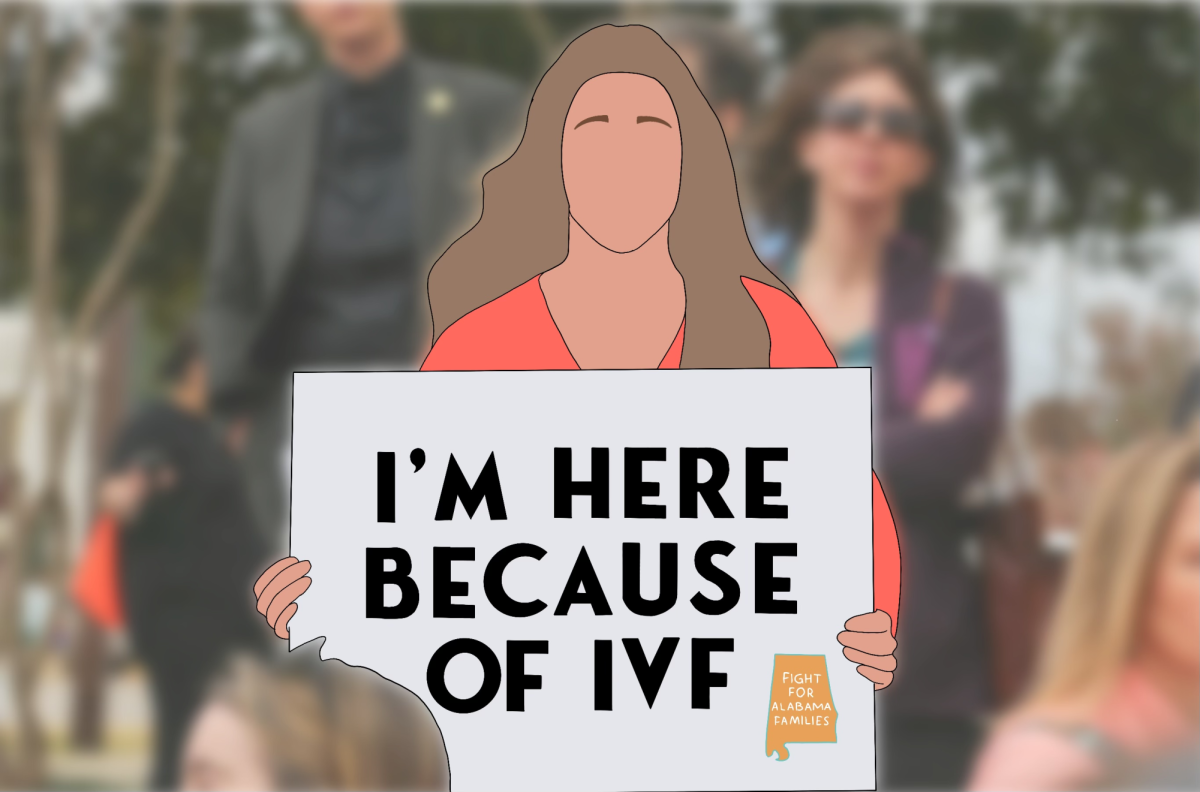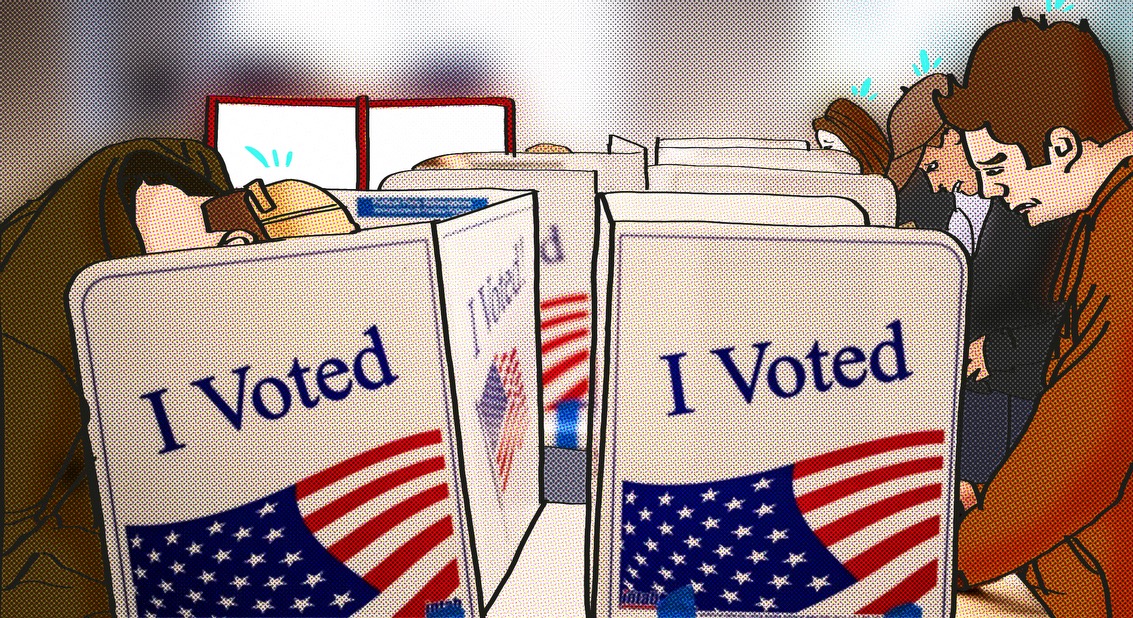Abortion rights, one of the many controversies Americans cannot agree on, have been significantly reduced since the overturning of Roe v. Wade. The landmark Supreme Court decision, which once gave women the power to have control over their bodies, has now been altered to strip away a woman’s right to choose.
The decision to continue or to end a pregnancy no longer belongs to the individual, but rather is in the hands of the state government. A recent ruling in Alabama has further raised worrisome legal issues across the U.S., as abortion laws have become unreasonably strict.
Many women today find themselves unable to conceive after years of trying to get pregnant. After dealing with such infertility, they sometimes choose to take their chances with In Vitro Fertilization. IVF, one of the most effective fertility treatments available, consists of growing embryos in labs. The procedure requires the eggs of the woman to be removed so they may be fertilized outside of her body. Once fertilized, the embryos are then placed in the woman’s uterus. IVF has provided a solution to infertile couples since 1978, but the Alabama Supreme Court has now thrown the future of IVF into a downward spiral.
“Abortion is a really controversial topic across the U.S., but I definitely think women need to have access to it. It’s really sad to see our reproductive rights continue to be taken away by the men in power. Women need to have their own choice, and if they want to become pregnant though IVF, they should have the option to do so,” sophomore Adriana Garcia said.
The Alabama Supreme Court has ruled that frozen embryos in test tubes should be considered children. Though it is scientifically proven that an embryo does not have a heart beat until the tenth week of pregnancy, the state of Alabama disregards this fact.
Focused primarily on their Christian beliefs, lawmakers thereby consider unborn babies to be living, as they have already been blessed by the grace of God. The majority of the Alabama Supreme Court even ruled to allow parents to sue over the wrongful death of their unborn or extrauterine children. This raises concerns for all Americans, particularly women, who may need to access reproductive services such as IVF.
“Embryos created through IVF are not children. They are in the process of developing into a human, but they are not really alive until they reach the fetus stage. Alabama’s ruling goes against the ideas of science and medicine, only focusing on their religious beliefs,” sophomore Alyssa Dopico said.
The court continues to defend its ruling, regardless of scientific facts. Tom Parker, a Republican who joined the court in 2005, wrote a concurring opinion which quoted at length from sources such as the Book of Genesis, the Ten Commandments and centuries old writings of Christian thinkers.
“Women’s reproductive rights should not be based on religion. They should be made to help and protect the health of pregnant women, not hurt them. IVF and abortion need to be made easily accessible to ensure that women have their own decision,” sophomore Adrian Rivera said.
By citing these Christian ideologies to prove his claim, Parker has also alarmed advocates about the separation of church and state. According to the first amendment to the Constitution, Congress is to make no laws regarding an establishment of religion. Contrary to this, the Alabama court has obviously decided that everyone is to follow Christian beliefs. The Alabama Supreme Court has not only gone against the writings of the Constitution, but it has inflicted fear upon couples who rely on the IVF procedure to have a family.
“Embryos don’t have their own thoughts, emotions, or morals. Why should they be considered human beings? Once the embryo finally becomes a fetus, it has its own heartbeat. That’s when it should be regarded as a child, not anytime before that,” sophomore Cesar Romero said.
Because of this medically unfounded decision, Americans are questioning whether or not IVF will become a restricted practice. While it is estimated that there are currently over a million frozen eggs and embryos across the states, their future remains unknown. As the impact of Alabama’s ruling is felt by more and more childless couples, women are left to wonder where their individual rights have gone.










